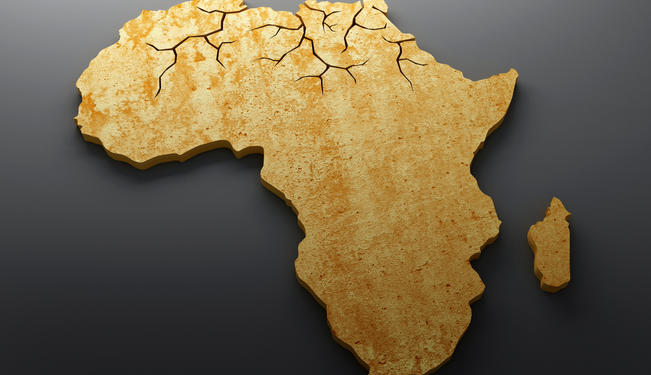Background
Fourteen countries have been part of the Arab Spring, seven of which are in Africa. Apart from their cultural significance, all nations affected by the Arab Spring also share a history of decolonisation from, predominantly, European occupiers at different stages in their histories. Most of these countries also fall into what is known as MENA (Middle East and North Africa), a region of oil-rich economies that hold 60 percent of the world’s oil reserves.
The North African countries, unlike the Middle Eastern ones, were affected by a different type of colonialism one that was felt collectively across the whole of the continent in the 1800s. It was known as the Race for Africa. This was when European countries competed for a massive land grab, carving up the continent between them. African countries only really started achieving mass independence in the beginning of the 1960s, although a few did become independent before or after that time period.
It is obvious that all of Africa should have received independence, and that the indigenous people of these countries should be free to run their own affairs. Colonialist oppression of the past and corrupt leaders of the present have taken their toll on the continent. But whatever the case may be, according to The Economist’s Democracy Index of 2011, none of the 25 “Full Democracies” of the world are African. Still, hope remains when you see that Cape Verde is at the top of the “Flawed Democracy” category at 26th place, South Africa is in 28th place and, surprisingly, France is below in 29th place. A few other African countries are scattered across this category, but the majority fall into the “Hybrid and Authoritarian Regimes” category far down the list of 167 countries.
Why is it Relevant?
The majority of African and Arab countries are now run by their own indigenous people and the fight for independence with any spring should now be about establishing democracy at home rather than a fight against an occupying power, or not?
Egypt was stuck with an oppressive government supported by the United States and its interests in the region for 40 years. Interference from the outside continues today with interests in regional political footholds, diamonds, oil, land and farming. These are all strong factors affecting the autonomy of Arab or African countries and can have a direct influence on any spring affecting the chance for a homegrown democracy to truly succeed.
Yet in both Egypt and in Tunisia, the country where the Arab Spring was sparked, we see that a lot of political unrest remains and that the transition to democracy has still not been fully achieved. Rather, democracy has been trampled on by bitter extremists who were oppressed by former regimes. So it seems that a successful revolution does not always lead to real change for the people.
The effects of the Arab Spring have also started trickling down into other African countries, with protests in Angola, Cameroon, Nigeria, Senegal and Zimbabwe, which were reported to be signs of an African Spring. If the examples of the Arab Spring are anything to go by, African countries could be facing similar upheavals. Therefore if an African Spring were to succeed it is arguable under the conditions that an oppressive government system would be replaced by another equally bad one.
*[Note: This article was updated on September 27, 2013.]
The views expressed in this article are the author’s own and do not necessarily reflect Fair Observer’s editorial policy.
Image: Copyright © Shutterstock. All Rights Reserved
For more than 10 years, Fair Observer has been free, fair and independent. No billionaire owns us, no advertisers control us. We are a reader-supported nonprofit. Unlike many other publications, we keep our content free for readers regardless of where they live or whether they can afford to pay. We have no paywalls and no ads.
In the post-truth era of fake news, echo chambers and filter bubbles, we publish a plurality of perspectives from around the world. Anyone can publish with us, but everyone goes through a rigorous editorial process. So, you get fact-checked, well-reasoned content instead of noise.
We publish 2,500+ voices from 90+ countries. We also conduct education and training programs on subjects ranging from digital media and journalism to writing and critical thinking. This doesn’t come cheap. Servers, editors, trainers and web developers cost money.
Please consider supporting us on a regular basis as a recurring donor or a sustaining member.
Support Fair Observer
We rely on your support for our independence, diversity and quality.
Will you support FO’s journalism?
We rely on your support for our independence, diversity and quality.






